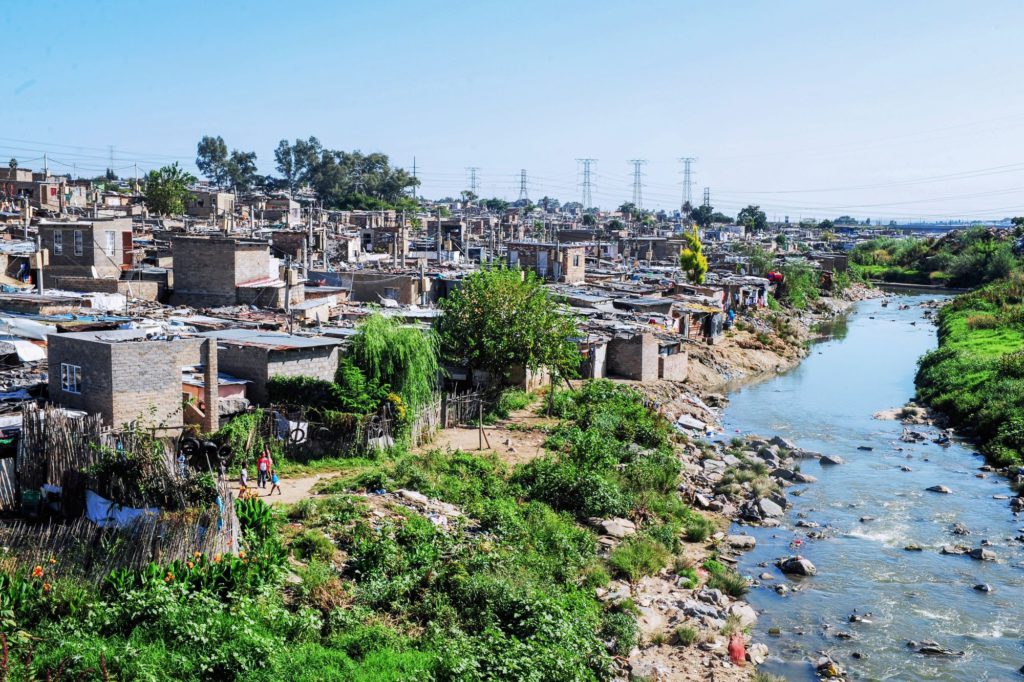Parts of Johannesburg, South Africa’s economic hub, are being subjected to renewed water-supply cuts as ongoing electricity shortages disrupt pumping operations.
(Bloomberg) — Parts of Johannesburg, South Africa’s economic hub, are being subjected to renewed water-supply cuts as ongoing electricity shortages disrupt pumping operations.
A power failure at Rand Water’s Eikenhof pump station, which supplies reservoirs in several high-lying areas of Johannesburg, resulted in critically low levels of supply, the municipality said on Twitter on Monday. While repairs have been completed, it warned that time is needed to replenish the storage system. Alternative sources of water have been arranged for hospitals.
State-owned utility Eskom Holdings SOC Ltd., which provides 90% of all of South Africa’s electricity, is unable to meet demand for power from its mostly old and poorly maintained plants, and has instituted rolling blackouts to keep the national grid from collapsing. There were record outages last year and they show no signs of abating.
The power rationing that can last for hours at a stretch is taking an ever-increasing toll on the economy and disrupting manufacturing, mining and farming. Cape Town, the country’s main tourist hub, partially shut several beaches during the height of the holiday season late last year after wastewater pumps broke down.
Read more: Why Blackouts Are Still Crippling South Africa: QuickTake
Municipalities must ensure sanitation infrastructure, sewer-pump stations and generators are maintained and continue operating to ensure there aren’t sewage spills, according to the Department of Water and Sanitation. It confirmed that the power cuts were, however, reducing the reliability of water supply to consumers, with the effects varying between different areas depending on the capacity of their back-up generators.
“The stop and start process at the water-treatment works negatively impact on water quality,” the department said in an emailed reply to questions. “The power cuts also negatively affect the treatment process at the waste-water treatment works, resulting in poorly processed discharge from the treatment plant. The storage capacity at the sewer pump stations were not designed for long durations without pumping. That also increases the risk for possible spillages.”
Crime and vandalism has also impacted negatively on Johannesburg’s water supply: thousands of water meters, manhole covers and hundreds of water tanks were stolen over the past year, according to the municipality.
More stories like this are available on bloomberg.com
©2023 Bloomberg L.P.










